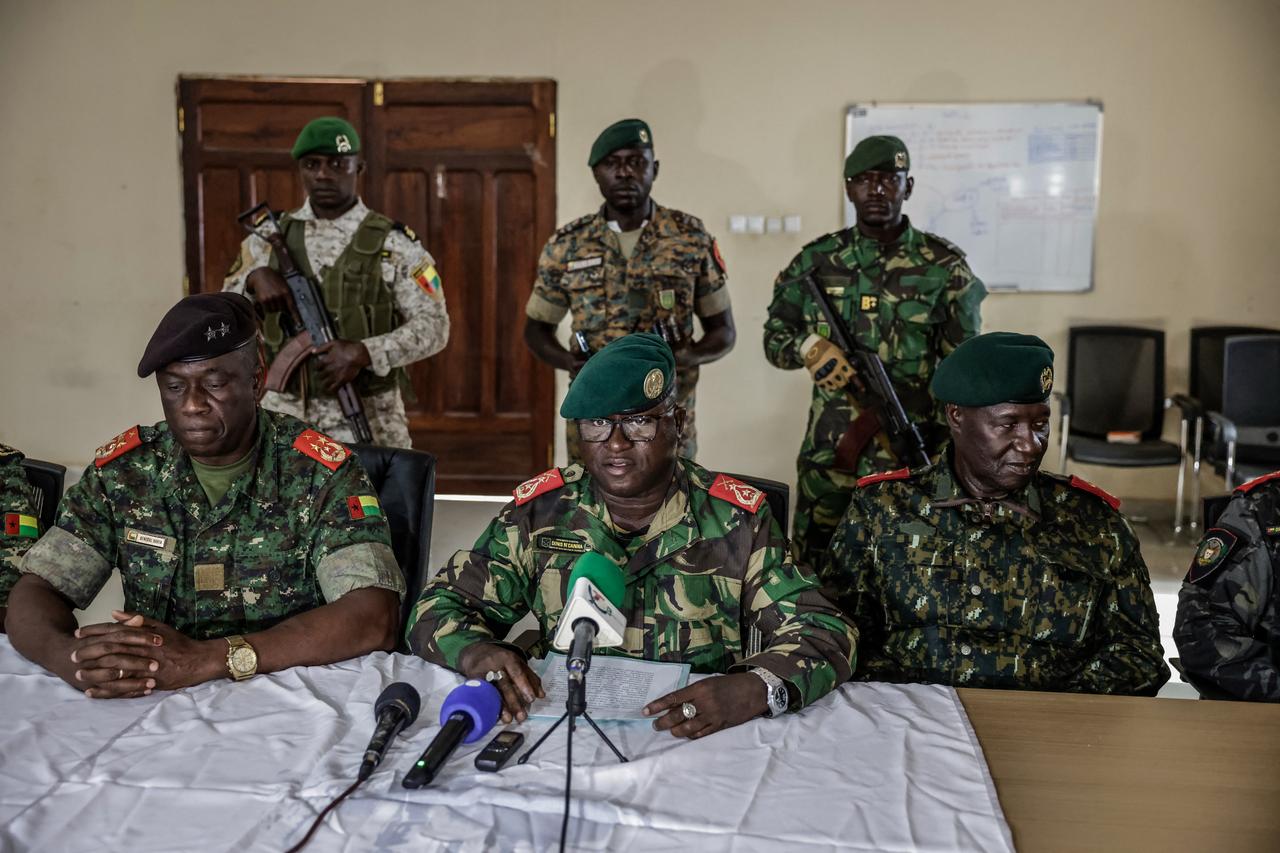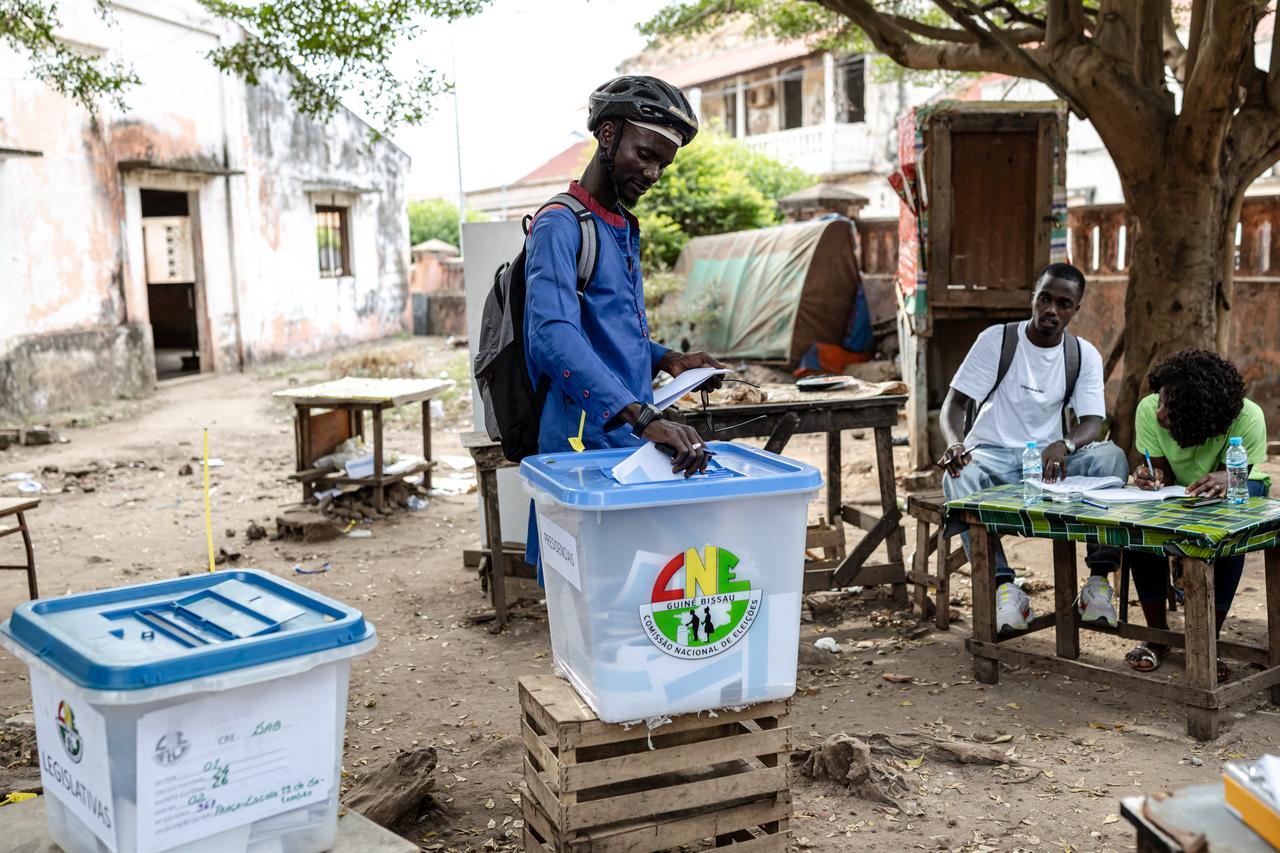
Guinea-Bissau's President Umaro Sissoco Embalo was arrested Wednesday afternoon at the presidential palace along with the country's top military commanders and interior minister, as gunfire erupted across the capital a day before official election results were scheduled to be announced.
Embalo, speaking to the publication Jeune Afrique, said he was detained around 1pm in his office and described the events as a "coup d'etat" led by the armed forces chief of staff. He said no force was used during his arrest. Also taken into custody were General Biague Na Ntan, the military's chief of staff; General Mamadou Toure, the deputy chief of staff; and Interior Minister Botche Cande.
The detentions came three days after a contentious presidential election in which both Embalo and opposition challenger Fernando Dias de Costa claimed first-round victories before the electoral commission could announce provisional results. Embalo had declared himself the winner with 65 percent of the vote based on his own tally.

Witnesses reported sustained gunfire lasting approximately one hour near the National Electoral Commission headquarters, the presidential palace, and the interior ministry building. Journalists monitoring the vote count described a rapidly deteriorating security situation, with one reporter saying their team was forced to take shelter in the commission's communication office as shots rang out nearby.
Residents fled the area in panic as a heavy military presence surrounded government buildings. The gunfire had subsided by early afternoon.
A spokesperson for Embalo claimed unidentified gunmen affiliated with Dias attacked the electoral commission to prevent the announcement of results, though he provided no evidence for the allegation. Domingos Simoes Pereira, a former prime minister who backed Dias in the election, rejected the claim and suggested Embalo was manufacturing a crisis to justify declaring an emergency after determining he would lose.
The unrest reflects Guinea-Bissau's chronic political fragility. The small West African nation wedged between Senegal and Guinea has experienced at least nine coups or attempted coups since gaining independence from Portugal in 1974. Embalo was attempting to become the first president in three decades to secure a second consecutive term.
The incumbent president has repeatedly clashed with democratic institutions during his tenure. He dissolved parliament in 2022 following what his government described as an attempted coup in December 2023, and the country has operated without a functioning legislature since. Critics have accused Embalo of fabricating security threats to justify crackdowns and consolidate power.
The election took place under controversial circumstances, with the African Party for the Independence of Guinea and Cape Verde, known by its Portuguese acronym PAIGC, barred from fielding candidates for the first time in its history. Authorities said the party, which led Guinea-Bissau's independence struggle in the 1960s and 1970s, had filed required paperwork late. The exclusion of the PAIGC and its leader Pereira removed Embalo's most formidable political opposition from the race.
The unexpectedly competitive showing by Dias, who had PAIGC backing despite not running under its banner, appears to have fractured Embalo's plans for a decisive victory. The arrests signal a dramatic breakdown between the presidency and the military hierarchy, which has historically served as the ultimate power broker in Guinea-Bissau politics.
Official provisional results had been scheduled for release Thursday, though it remained unclear whether the electoral commission would be able to proceed amid the crisis.